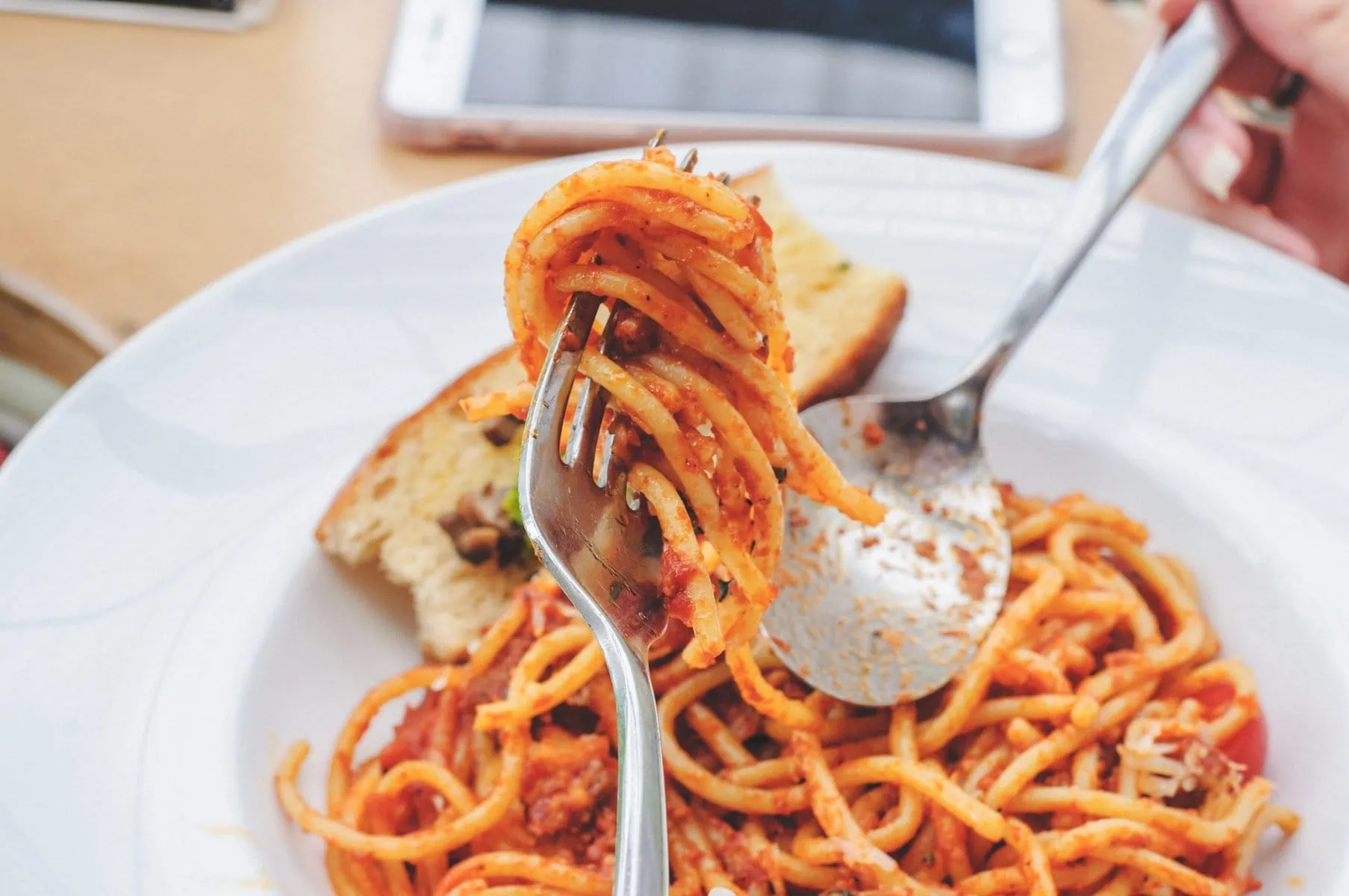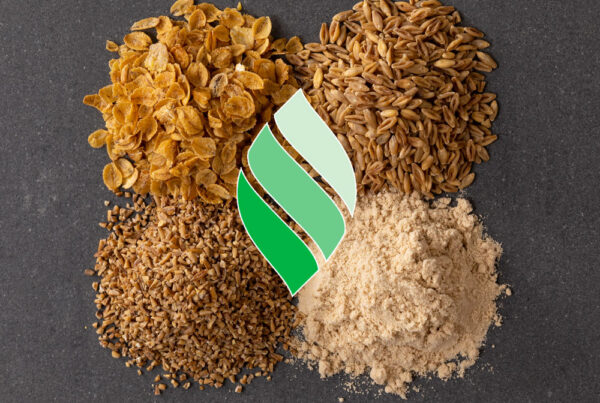A quick stroll of the aisles of your local supermarket will have you thinking that, these days, gluten is enemy number one. From bread to condiments and every category in between, it seems that food manufacturers are making more and more of the every day items we add to our trolley’s gluten free. Moreover, perhaps a friend or family members has taken up a gluten-free diet, and is more than willing to espouse it’s ‘benefits’ to you. Maybe you’ve decided to adopt the diet yourself. But should gluten, really, be avoided at all costs?
The answer is both – yes and no. For those who suffer from Coeliac disease, they should absolutely avoid gluten at all costs. Those suffering coeliac disease cannot handle even the smallest amount of gluten – with the consumption of gluten triggering an immune response that damages the lining of the small intestine, leading to wide-reaching and severe health issues. On the other hand, some people can suffer from gluten sensitivity, that can present with the same symptoms as coeliac disease, without the detrimental effects on their small intestine. Then, let’s be honest, there is a large cohort of people who are eating a gluten free diet, but aren’t, actually, really sure why. Here’s what you need to be aware of if you decide to go without gluten.
Your fibre intake
Adopting a diet without gluten (or even a low-gluten diet) can make it difficult to achieve your daily intake of fibre. This is because, quite often foods without gluten are made with refined flours, rather than wholegrains such as wheat, barley and rye. With the Grains and Legumes Nutrition Council recommending that men consume 38g fibre, and women 28g fibre per day to prevent diabetes, heart disease, digestive disease and obesity, those who choose to follow a gluten free diet will need to see alternate sources of fibre. Gluten free wholegrain sources of fibre include amaranth, millet and buckwheat. Artichokes, green peas and broccoli are also great sources of fibre to include in your diet.
There’s the potential for decreased nutrient intake
It is quite common for people who follow a gluten-free diet to have some nutritional deficiencies. These deficiencies can include iron, calcium, folate and vitamin B-12, and are found even more commonly in those with coeliac disease due to both their lowered intake of these nutrients, and their bodies ability to absorb said nutrients. Gluten free sources of iron include meat, lentils and soy products, so seek to add these to your diet to reduce your risk of developing a deficiency.
Down with gluten, up with fat and salt
A 2017 study from The University of Hertfordshire that included 1,700 products from UK supermarkets found that, overall, foods free from gluten were higher in fat, sugar and salt than their non-gluten free counterparts. When choosing a gluten-free diet, it’s worth looking past the ‘health halo’ to ensure that you’re making choices that truly benefit your wellbeing.
The purse strings
The above mentioned Hertfordshire University study on the nutritional differences of gluten-free vs. gluten containing foods also considered the price difference between the two categories of products. Staggeringly, gluten free products were found to be 159% more expensive than gluten-containing products.
Of course, the increased availability of gluten free products is positive for those with coeliac disease, or gluten intolerance. But for those of us who can consume gluten problem-free, it’s worth seriously considering whether there is any benefit in adopting a gluten free diet.
Intended as general advice only. Consult your health care provider to discuss any specific concerns.
Intended as general advice only. Consult your health care professional to discuss any specific concerns.




